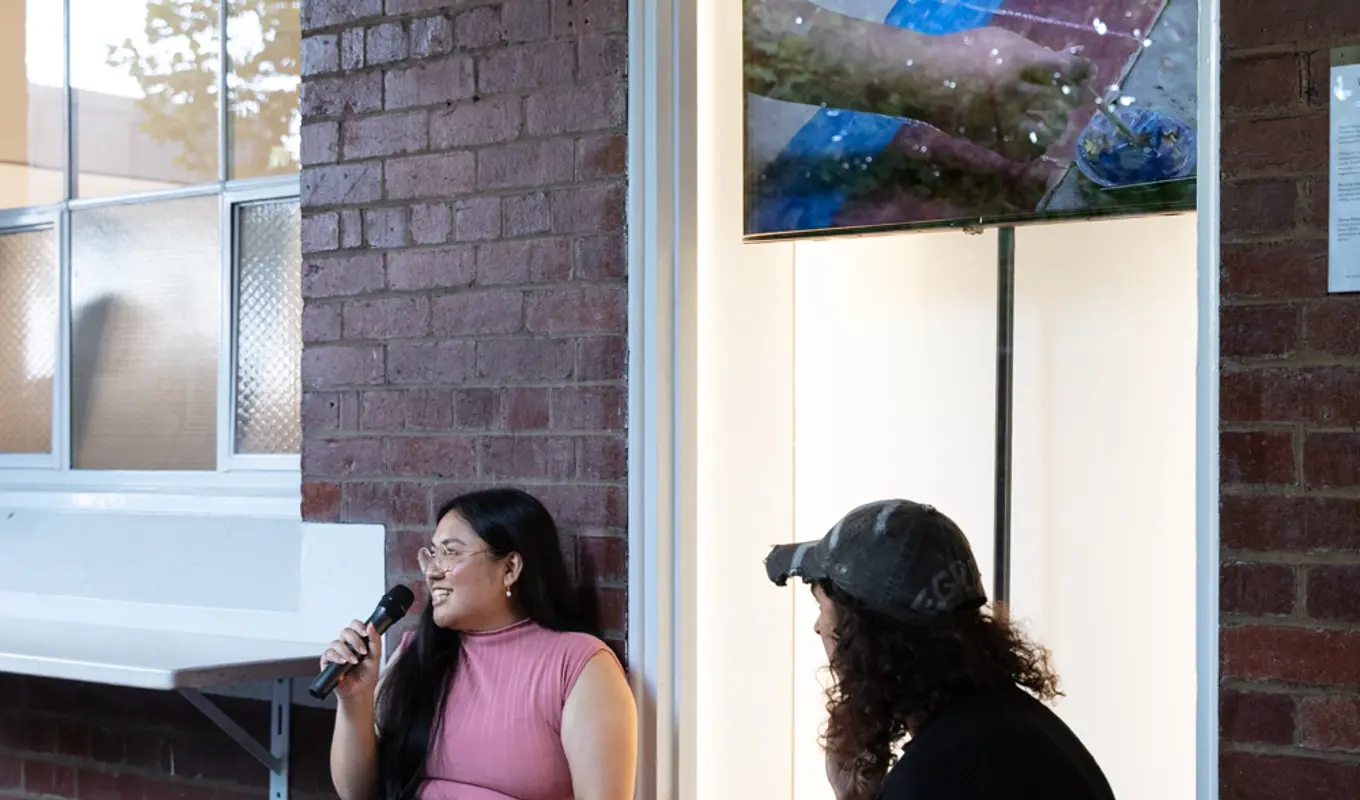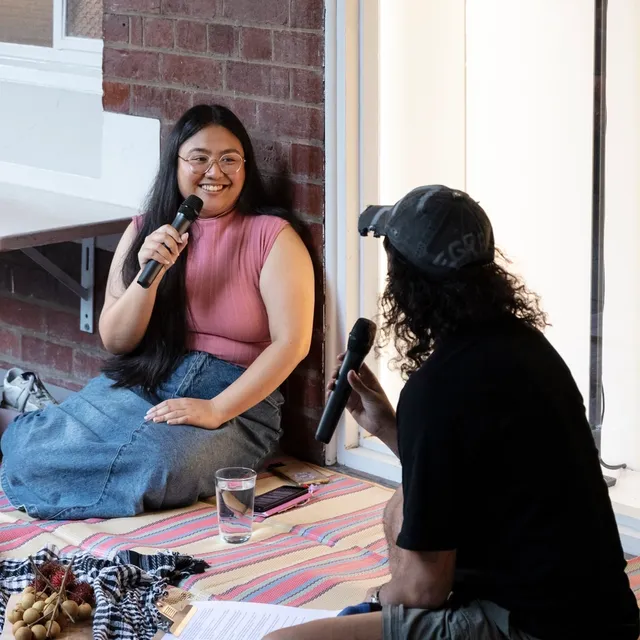Sadaf Zekaria
“The job you never applied for and can't escape”
Alyssa Powell-Ascura’s Firstborn captures an experience that is profoundly relatable and at times, maddening. The firstborn is a role in collectivist cultures instilled from a young age. The eldest child shoulders an overwhelming, unspoken responsibility: the unofficial second in command.
The video essay exposes the weight of expectations and emotional labour that comes with being the eldest daughter. As an Afghan Australian, and the firstborn in my own family, Firstborn resonated with me profoundly. Despite cultural differences, the role is strikingly similar across backgrounds. We are, in many ways, stand-ins for our mothers.
While my parents worked or ran errands, I dutifully watched over my younger siblings. Always alert, often fearful that if I looked away for even a moment, something terrible might happen. Responsibility and fear became intertwined with my adolescence. You are the eldest. You are a girl. You are mature. You are responsible. Say these enough times to a young girl who is eager to please, and she will start to believe it. Then add, if anything happens, you will be to blame - internal thoughts that were never actually uttered out loud by my parents still lingered in my mind — and you have the foundation for a lifetime of control issues and an eventual anxiety disorder diagnosis.
I see the way this is woven through the generations. My mother, while the youngest of seven siblings, is the eldest daughter living in Australia. Although my uncles and mother share caregiving duties for my grandmother, the emotional burden falls most heavily on her. Watching her navigate this role, I recognise that the expectation for eldest daughters to bear emotional labour isn’t just a personal experience, it’s a cycle, passed down from one generation to the next. I am not discounting the struggles that the eldest son experiences particularly in collectivists cultures, however, as Alyssa highlights, the eldest daughter has an added layer of expectation due to the patriarchal nature of these cultures.

At one point in her video essay, Alyssa provides examples for the word firstborn or eldest daughter across multiple languages as a way to highlight the way this role cuts across cultures. Panganay meaning eldest child in Filipino culture, bong meaning older sibling in Cambodian culture and jie jie meaning elder sister in Chinese culture. In my case, the term for the eldest daughter in Farsi, dokhtar bozorg, holds a lot of meaning, and is one I have heard throughout my life.
While being the eldest daughter hasn’t always been easy, and I probably wouldn’t have chosen this role for myself, I can’t see myself in any other way. The firstborn. The steady rock for my family.


This response was commissioned by West Space.
Sadaf Zekaria works in the policy sector for the Victorian Government, and is a West Space Volunteer. Sadaf is a former public health and history major, currently undertaking a degree in Museum Studies.

